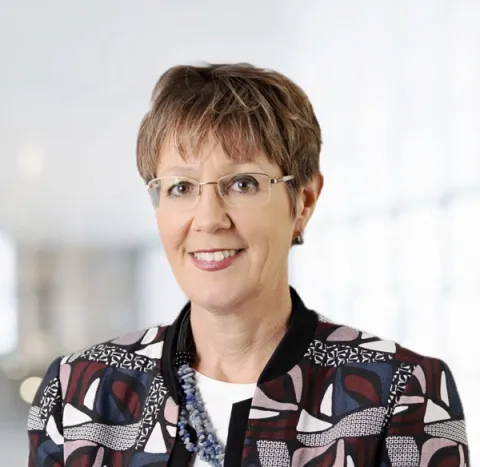Project overview
How can the care needs of older people be met in sustainable, fair and culturally acceptable ways? This project aims to answer this question in relation to Indonesia, the world’s fourth largest population. It seeks to understand what care needs older Indonesians have; who provides care; what acceptable care looks like; and how care-dependent people are perceived. The project involves ethnographic research in five diverse communities, combined with collection of household survey data and analysis of existing national-level surveys. The research sites are located in West Sumatra, Jakarta, Yogyakarta, East Java, and Alor.
Three ideas are central to this study. First, we consider care a cultural practice: culture shapes preferences for care providers, what counts as acceptable care, and what being dependent does to a person’s social value and identity. This is why we use ethnography to situate care in its cultural context and compare ethnic groups across Indonesia. Second, care is provided by a mix of family, neighbours, health-care providers and volunteers. This is why we collect data on people’s complete care networks over time. Third, we understand that older people differ in terms of gender, wealth, and family networks. This is why we collect information on people’s economic, demographic and social status and compare care among sub-groups.
The project is funded by the Economic and Social Research Council (ESRC) and led by Dr Elisabeth Schroeder-Butterfill at the University of Southampton. The project team includes Prof Yvonne Handajani (Atma Jaya Catholic University, Indonesia), Prof Eef Hogervorst (Loughborough University), Dr Philip Kreager (University of Oxford), Dr Nathan Porath (University of Southampton), Dr Pande Made Kutanegara (Universitas Gadjah Mada, Indonesia), as well as Prof Tri Budi Rahardjo (Universitas Respati, Indonesia) and Caitlin Littleton (HelpAge International) as project consultants.
Three ideas are central to this study. First, we consider care a cultural practice: culture shapes preferences for care providers, what counts as acceptable care, and what being dependent does to a person’s social value and identity. This is why we use ethnography to situate care in its cultural context and compare ethnic groups across Indonesia. Second, care is provided by a mix of family, neighbours, health-care providers and volunteers. This is why we collect data on people’s complete care networks over time. Third, we understand that older people differ in terms of gender, wealth, and family networks. This is why we collect information on people’s economic, demographic and social status and compare care among sub-groups.
The project is funded by the Economic and Social Research Council (ESRC) and led by Dr Elisabeth Schroeder-Butterfill at the University of Southampton. The project team includes Prof Yvonne Handajani (Atma Jaya Catholic University, Indonesia), Prof Eef Hogervorst (Loughborough University), Dr Philip Kreager (University of Oxford), Dr Nathan Porath (University of Southampton), Dr Pande Made Kutanegara (Universitas Gadjah Mada, Indonesia), as well as Prof Tri Budi Rahardjo (Universitas Respati, Indonesia) and Caitlin Littleton (HelpAge International) as project consultants.
Staff
Lead researchers
Collaborating research institutes, centres and groups
Research outputs
Yvonne Suzy Handajani, Elisabeth Schröder-Butterfill, Antoninus Hengky & Thania Vinsalia,
2022
Type: other
Yvonne Suzy Handajani, Elisabeth Schröder-Butterfill, Eef Hogervorst, Yuda Turana & Antoninus Hengky,
2022, Aging Medicine and Healthcare
Type: article
Yvonne Suzy Handajani, Elisabeth Schröder-Butterfill, Eef Hogervorst, Yuda Turana & Antoninus Hengky,
2022, Clinical Practice and Epidemiology in Mental Health, 18(1)
Type: article
Elisabeth Schröder-Butterfill,
2022
Type: conference
